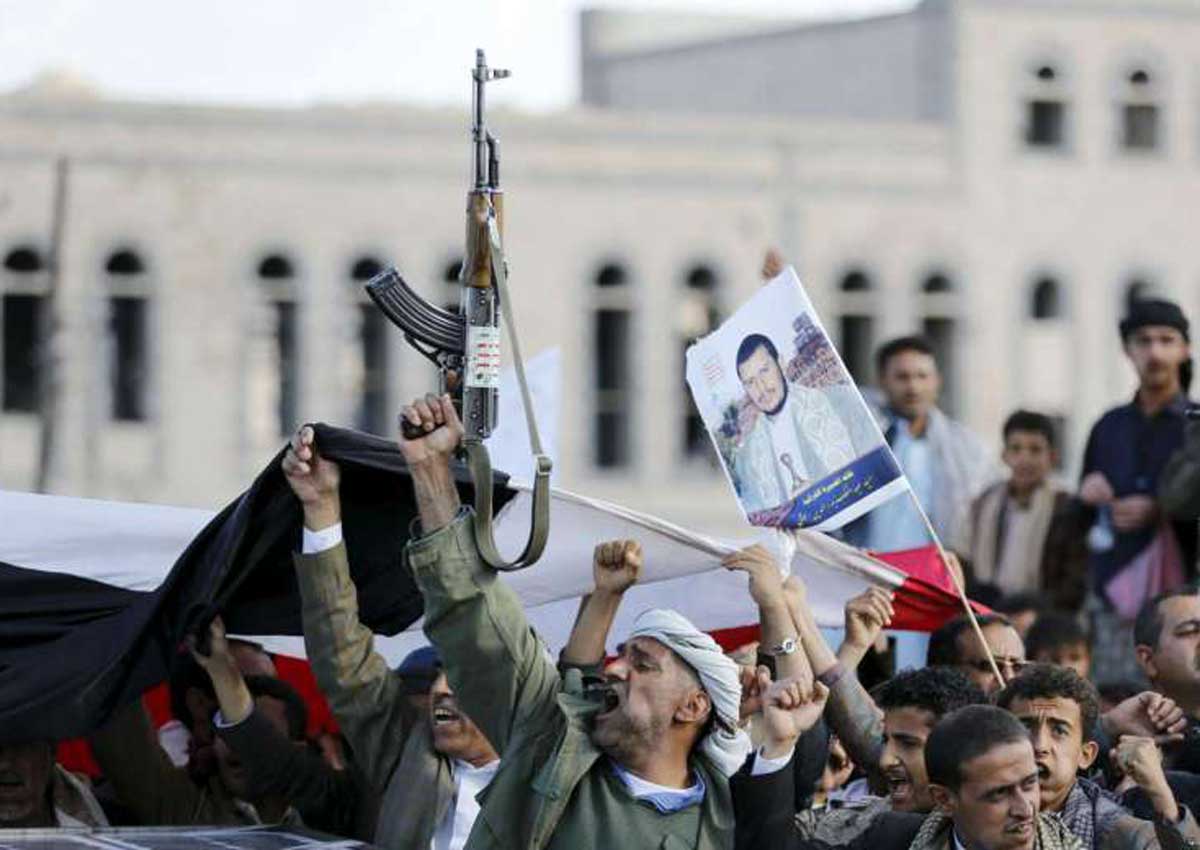Four Singaporeans have been arrested under the Internal Security Act for engaging or intending to take part in violence abroad.
But in a departure from the script of previous terror-related arrests, none of the four had planned to join the Islamic State in Iraq and Syria (ISIS) and one had actually hoped to fight against it.
Wang Yuandongyi, 23, was detained for his efforts to join a Kurdish militia that is battling ISIS.
The other three were involved in Yemen’s armed sectarian conflict.
The Ministry of Home Affairs said Mohammad Razif Yahya, 27, and Amiruddin Sawir, 53, were detained in August last year for voluntarily fighting in Yemen while at a religious institution there.
Mohamed Mohideen Mohamed Jais, 25, had done armed sentry duties in Yemen and was placed under a Restriction Order (RO) this month, which limits his activities.
Wang’s case, meanwhile, is the first known one of its kind. He left Singapore in January for a third country, and intended to make his way to Turkey and Syria to join a Kurdish militia fighting ISIS.
Wang is a naturalised Singaporean of China origin. He came here as a child and went to school here. He also completed national service and became a citizen in 2014.
He took along Singapore Armed Forces-issued military gear, such as his uniform and boots, which he planned to use on the battlefield.
The ministry said yesterday that Wang began to empathise with the plight of the Kurds in Syria and started detesting ISIS late last year.
He was also looking to escape personal setbacks such as his debt from a failed business venture.
Last December, he got in touch with a Kurdish militia group online and discussed possible travel routes.
Wang’s plans were thwarted when someone reported him to the authorities. At Singapore’s request, he was located by the third country’s officials and sent back. He was placed on an RO this month.
“The Government takes a stern view against anyone who supports, promotes, undertakes or makes preparations to undertake armed violence, regardless of how they rationalise such violence ideologically, or where the violence takes place,” said the ministry.
It noted that even though Wang was not driven by ideology, the fact remains that he intended to engage in an armed conflict overseas.
“Geography does not mask the fact that such individuals would have demonstrated a dangerous tendency to support the use of violence,” the ministry added.
“Their involvement in overseas conflicts can also jeopardise Singapore’s national interests.”
The ministry noted that Razif had begun studying at a religious institution in Yemen in January 2010, and Amiruddin went there in July 2013.
The two signed up for armed sentry duties against possible attacks by Houthi rebels, who are Shi’ites.
Razif went through sniper training, and was armed with an AK-47 assault rifle and a Dragunov sniper rifle. Amiruddin was equipped with an AK-47 rifle. Both of them were involved in fighting the Houthis.
“They demonstrated a readiness to use violence to pursue their religious cause. As such, they are assessed to pose a security threat to Singapore,” the ministry added.
As for Mohideen, he did armed sentry duties while studying in Yemen from 2009 to early 2011.
While he did not use his arms, he “understood that he had to return fire using the AK-47 assigned to him, with the aim to kill if there was an incursion by the Houthis”.
While some might question the need to stop people who take up arms against rebels and ISIS, security analyst Susan Sim said the Government’s stand is clear.
“You cannot take up arms on behalf of any group, for any cause,” she said. “Once a person gets used to the idea of killing to achieve objectives he has decided for himself, what’s to stop him from doing the same thing in Singapore?”

This article was first published on March 17, 2016.
Get a copy of The Straits Times or go to straitstimes.com for more stories.






